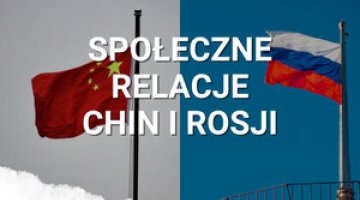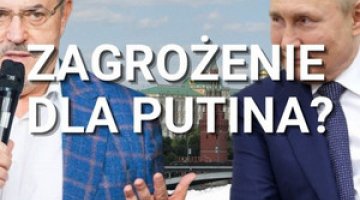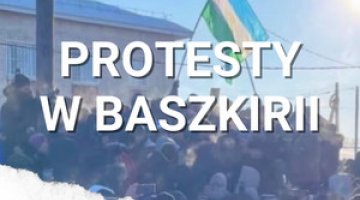Analyses
Russia ratifies and interprets the START treaty
On 28 January, President Dmitri Medvedev signed a law ratifying the new Russian-American START Treaty on the reduction of strategic nuclear arms. The Act contains recommendations for Russian policy in the field of nuclear armaments, and constitutes a response to the US Senate’s interpretations of some of the Treaty’s provisions. Both the content of the adopted documents and the statements made by Russian politicians suggest that the principal bone of contention in the field of strategic stability between Russia and the US remains anti-missile defence.
In the ratification procedure and the declarations adopted by both houses of parliament, Russia stressed the legally binding nature of the relationship between the offensive and the defensive strategic weapons systems in the preamble of the treaty, and reiterated that the US’s development of the missile defence systems may lead to Russia withdrawing from the treaty (in the American interpretation, this indicates the absence of restrictions on the construction of the US missile shield). Once again Moscow has declared that for the further process of disarmament to succeed, other countries possessing nuclear weapons must be included in the negotiations.
The statements by Russian politicians made on the occasion of the treaty’s ratification enable us to assume that the leitmotiv of the Russian policy in the sphere of international security will be the question of anti-missile defence. President Dmitri Medvedev has threatened to step up the production of nuclear arms if NATO refuses to consider the Russian proposals on this matter. <MaK>




